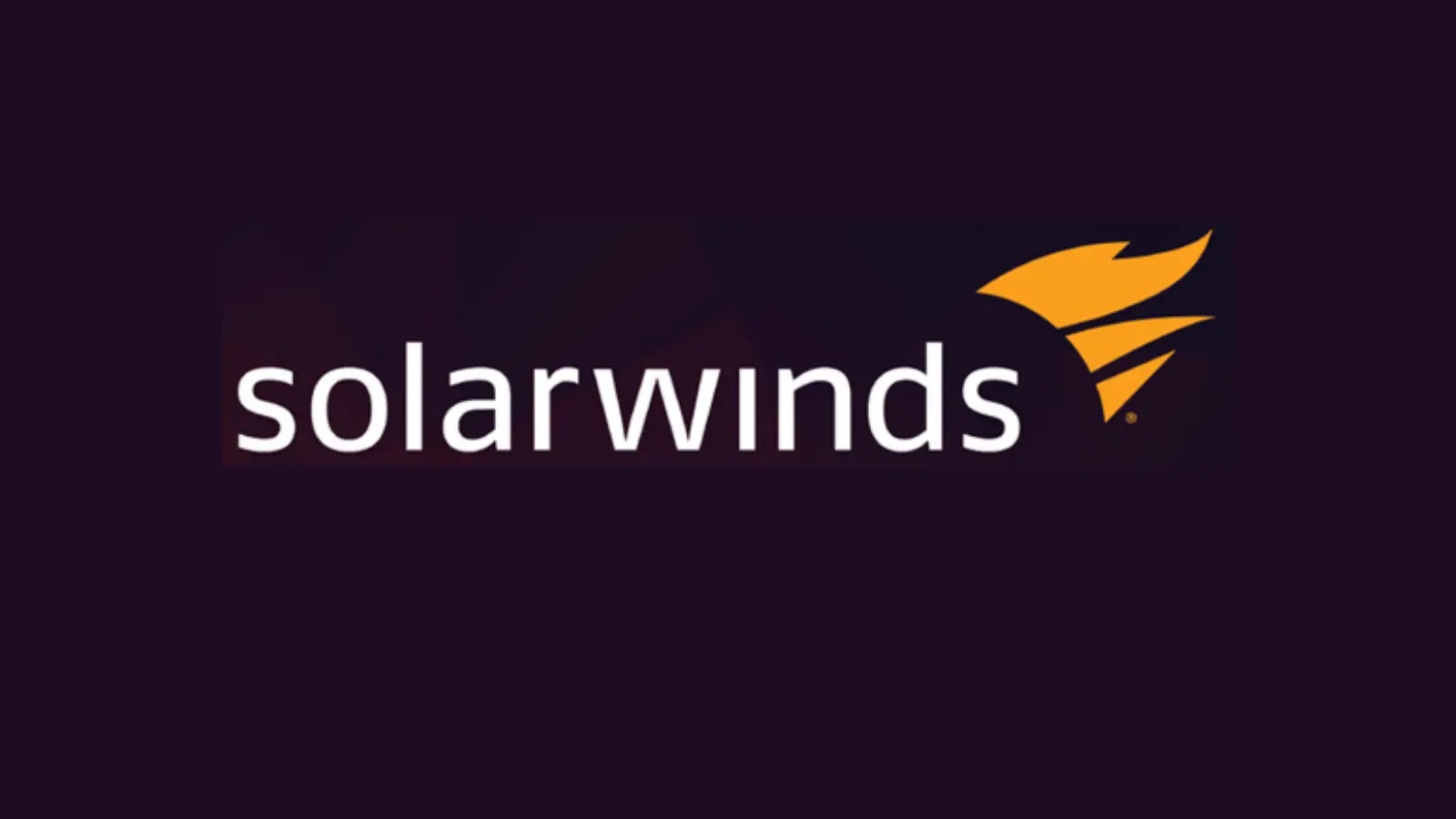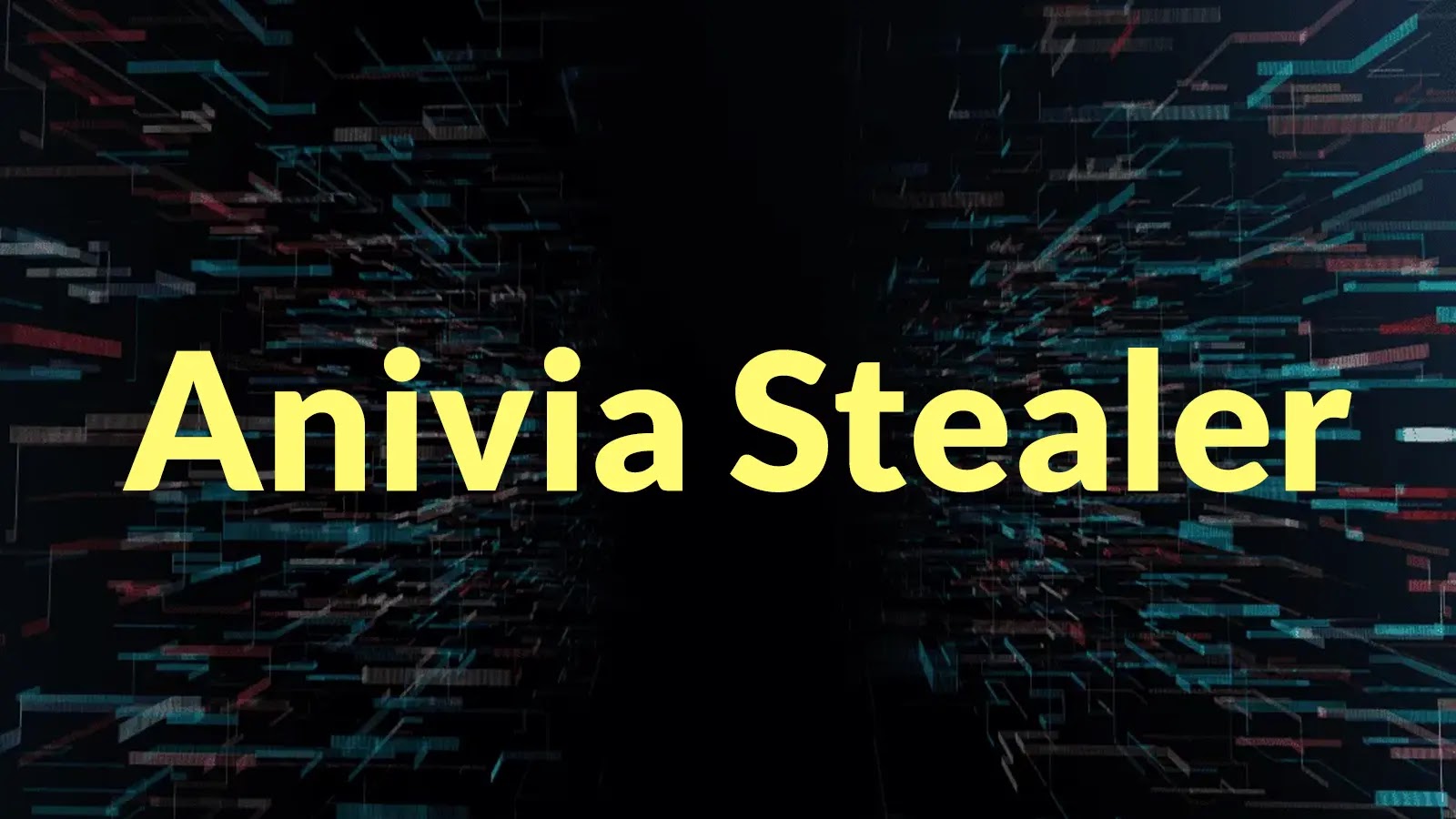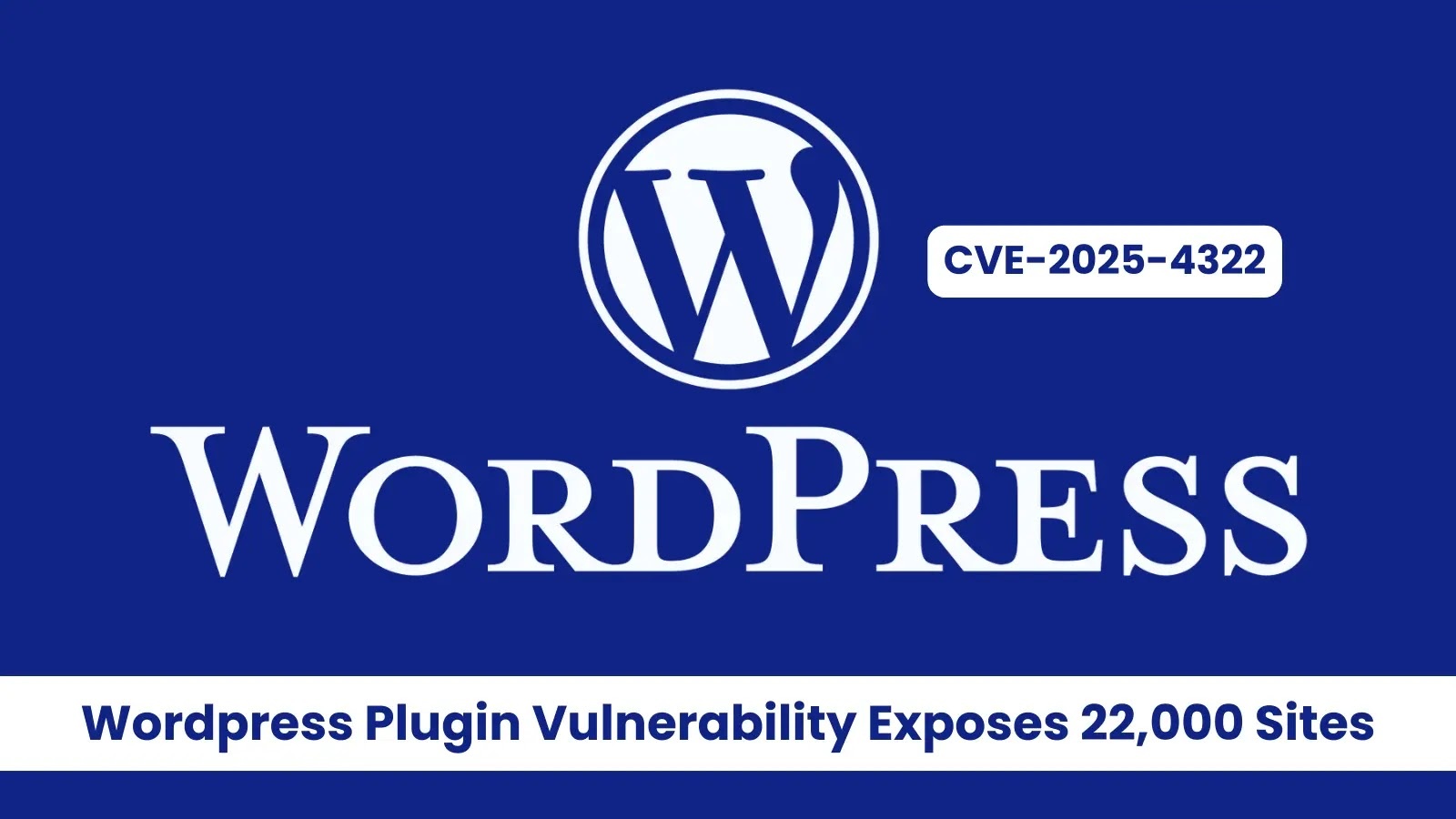SolarWinds has recently disclosed a critical security vulnerability in its Web Help Desk (WHD) software, identified as CVE-2025-26399. This flaw carries a severity rating of 9.8 out of 10, indicating a significant risk to affected systems. The vulnerability arises from the deserialization of untrusted data within the AjaxProxy component, allowing remote attackers to execute arbitrary commands on the host machine without requiring authentication.
Background on the Vulnerability
The issue is particularly alarming as it serves as a patch bypass for two previously addressed vulnerabilities, CVE-2024-28988 and CVE-2024-28986. This recurrence suggests a persistent weakness in the software’s handling of serialized data, enabling attackers to exploit the same underlying problem through different vectors.
Discovery and Disclosure
An anonymous researcher working with Trend Micro’s Zero Day Initiative discovered and responsibly disclosed this latest iteration of the flaw. SolarWinds has acknowledged the discovery and has taken immediate steps to mitigate the risk.
Mitigation Measures
In response to the discovery, SolarWinds has issued Web Help Desk 12.8.7 Hotfix 1. The company strongly urges all customers who have downloaded and installed version 12.8.7 to apply this hotfix immediately to mitigate the risk of exploitation.
The patch addresses the vulnerability by modifying several core files, including `whd-core.jar`, `whd-web.jar`, and `whd-persistence.jar`, and adding the `HikariCP.jar` file. Administrators are instructed to stop the Web Help Desk service, back up and replace the specified files, and then restart the service to complete the installation. Failure to apply the hotfix leaves systems exposed to potential takeover by remote attackers.
Implications for Organizations
The exploitation of this vulnerability could have severe consequences for organizations relying on SolarWinds Web Help Desk for their IT service management. Unauthorized remote code execution can lead to data breaches, system disruptions, and unauthorized access to sensitive information. Given the critical nature of this flaw, it is imperative for organizations to act swiftly in applying the provided hotfix to secure their systems.
Recommendations
1. Immediate Patch Application: Organizations using SolarWinds Web Help Desk version 12.8.7 should apply Hotfix 1 without delay to mitigate the vulnerability.
2. System Backups: Before applying the hotfix, ensure that all critical data and system configurations are backed up to prevent data loss in case of unforeseen issues during the update process.
3. Monitor Systems: After applying the patch, continuously monitor systems for any unusual activity that may indicate attempted exploitation.
4. Review Security Practices: Organizations should review their security practices and ensure that all software components are regularly updated and patched to protect against known vulnerabilities.
Conclusion
The disclosure of CVE-2025-26399 underscores the importance of proactive vulnerability management and the need for organizations to stay vigilant in applying security updates. By promptly addressing this critical flaw, organizations can safeguard their IT infrastructure against potential exploits and maintain the integrity of their systems.



